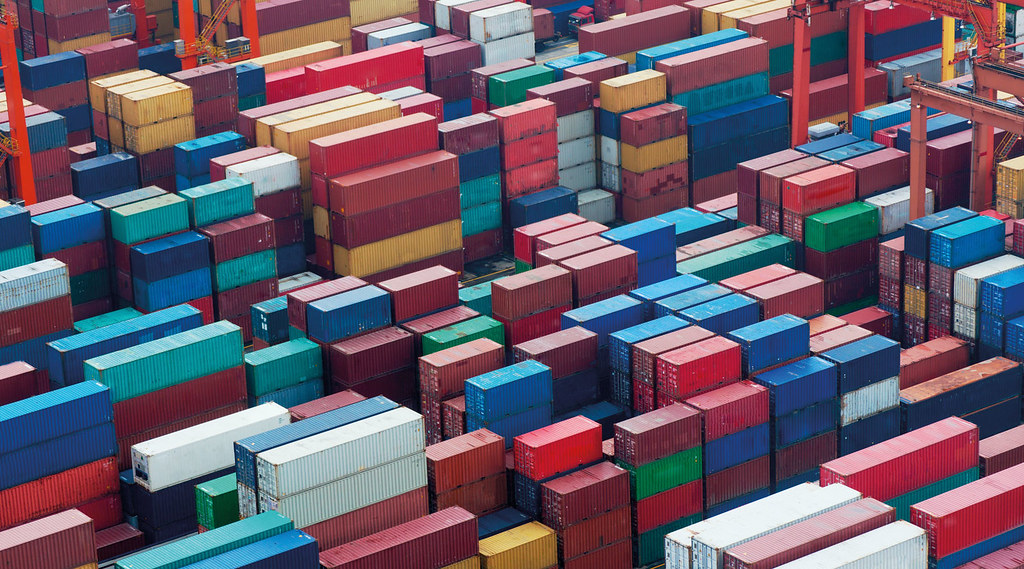Years later, Japan is still recovering from the devastating tsunami of 2011.
Aside from the devastation and tragic loss of life, the country's economy was also hit hard.
This had an impact on businesses around the world - as many global supply chains have links to Japanese businesses. And the tsunami hit plants and cut off the supply of components, materials and labour.
So what can business managers do to minimise the effect catastrophic events have on their business?
Controlling the fallout of catastrophic events
School of Management researchers at the University of Bath have examined three main areas:
- the control of events
- the monitoring of events
- how to respond better when events occur
Firms have three options for controlling events. Firstly, they can seek to avoid the disruption hitting their supply chain in the first place. One example of this would be to relocate manufacturing from a high-risk zone to a lower-risk one.
The team studied around 2,700 major disruptions from 2000 to the present day. By analysing the disruptions and mapping their probability and impact, studies can help firms understand where best to relocate their manufacturing.
Secondly, firms could seek to reduce the impact of the disruptions through adding extra capacity into the system by taking on alternative suppliers. Greater flexibility could also be developed in the supply chain through interchangeability of product, processes, or even plants.
Thirdly, monitoring software has been developed that allows organisations to:
- model their internal risks
- scrape data from the web which allows them to track trends
- use the same data to predict disruptions before they occur
Improving the management of disruptions
Some disruptions cannot be predicted or monitored for in advance. Researchers are trying to understand what factors drive a more efficient response, from contractual terms to the design of the supply chain.
Research is focusing on two main directions. Firstly to create a better network understanding of how disruptions ripple across global supply chains. Once this is achieved efforts can be made to try and manage and control these disruptions better.
Secondly, researchers are trying to better understand the role of the manager in this process. Managers have a unique influence on the processes of establishing risk measurement, establishing risk estimates and investment decisions.
More than 85% of UK organisations suffered from some form of disruption to supply in 2011, many without the proper risk management processes in place.
In future, organisations will be able to use the results of University of Bath’s work to build greater resilience and robustness into their global operations, and be better positioned to respond to global catastrophes
